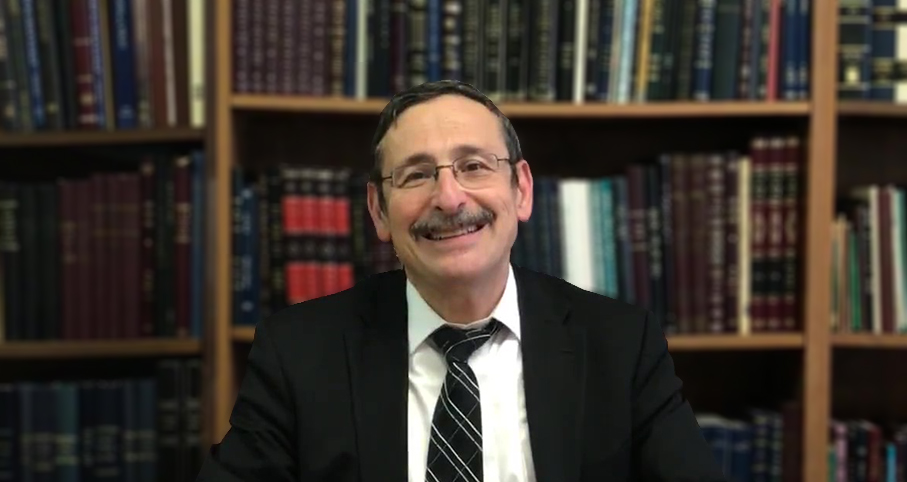10
These words in our Sedra describe the Sefirat Ha-Omer ritual which is currently underway; it began on Pesach & concludes on Shavuot. This is quite an unusual Mitzva, this series of counting, a practice that historically started on a celebratory note, but which has become tinged with sadness, as we mourn the loss of Rabbi Akiva’s 24,000 students – who died during this same period - & observe semi-mourning practices in their memory.
One of the more perplexing aspects of the Omer relates to the rules of counting. Traditionally, the rabbi or the shaliach tzibbur counts first, with a bracha, we all answer "Amen," then each of us counts individually with our own bracha. But why isn’t it sufficient to be yotze with the leader’s rendition, as we do for Kiddush & other prayers?
Furthermore, the halacha says that if we forget to count on any one night, then we cannot continue counting with a bracha (tho we do continue without saying the bracha). This is because the 49 days of counting are one "set."
But if they are a set, then why don’t we just make one bracha at the beginning of the count, on the first night, & then say a closing bracha on the last night? Why are there 49 separate brachot recited?!
And if you counter that each bracha is self-contained & a mitzvah in & of itself, then why do I forfeit my bracha on day 29 just because I forgot day 28?! Make up your mind, please: is this an individual, or a communal Mitzva?
The answer, of course, is "Yes; they are both!" We count as individuals, but within the greater majority. We learn this from the two seemingly contradictory words in the pasuk above: Lachem, for you, i.e. individually; & T’mimot, complete, i.e. one ongoing comprehensive package encompassing the entire 49-day period.
That is the law, the rules, unusual as they may be. But there is also a beautiful philosophy behind them. Judaism recognizes the uniqueness of every single person; none of us was created "by accident," we each have our own strengths & abilities, something special that Hashem chose to bestow upon us & only us.
But, at the same time, we are part of a greater entity, the entire body of Am Yisrael, & we must bring our talents to the community & to the world. When "me" becomes "we," we truly count &, in turn, are counted upon.

The Melachah of Setting Fires
Rabbi Yirmiyohu Kaganoff | Tishrei 24 5777

What is going on?
Rabbi Jonathan Sacks | Sivan 15 5780

Double Parashiyot
When is it a good idea to have doubles?
Rabbi Yirmiyohu Kaganoff

Keeping Foods Cooked in Chametzdik Pots
Rabbi Daniel Mann | Nisan 6 5778

CLEANING FOR PESACH: BETWEEN 'FEELING' & 'BEING' RELIGIOUS
Rabbi Ari Shvat | Nisan 5785

Daf Yomi Makkot Daf 11
R' Eli Stefansky | 21 Nisan 5785

Daf Yomi Makkot Daf 12
R' Eli Stefansky | 22 Nisan 5785





